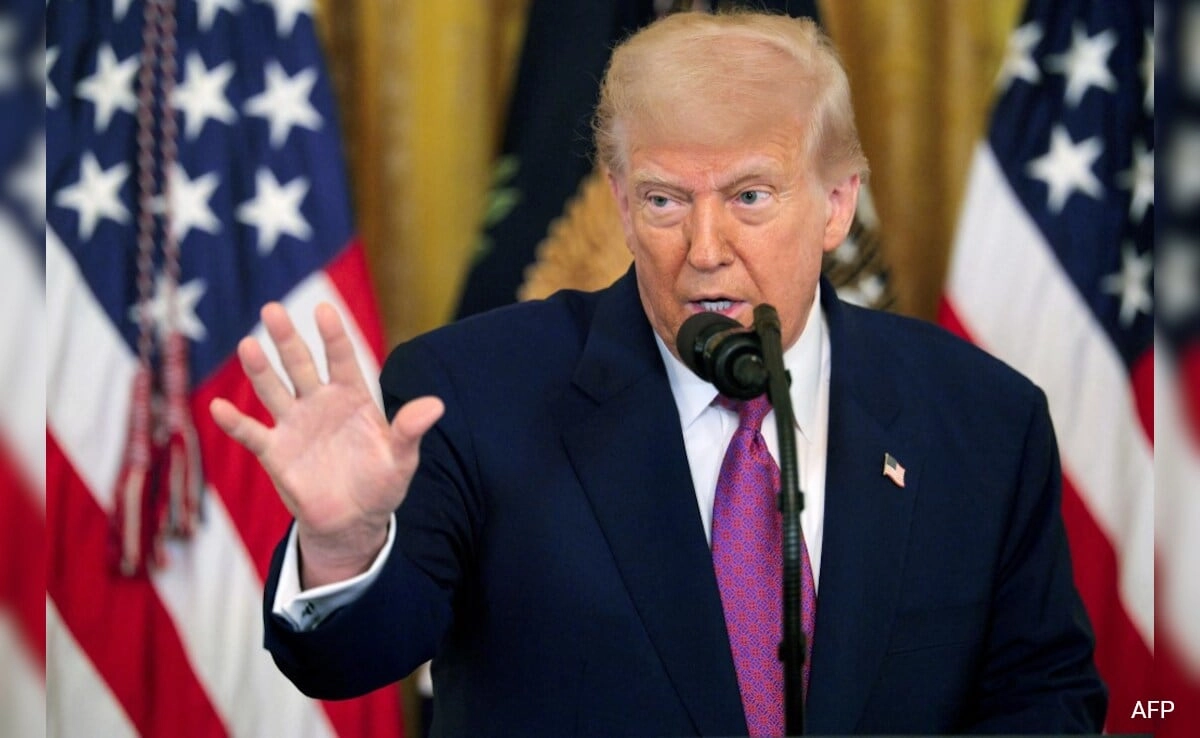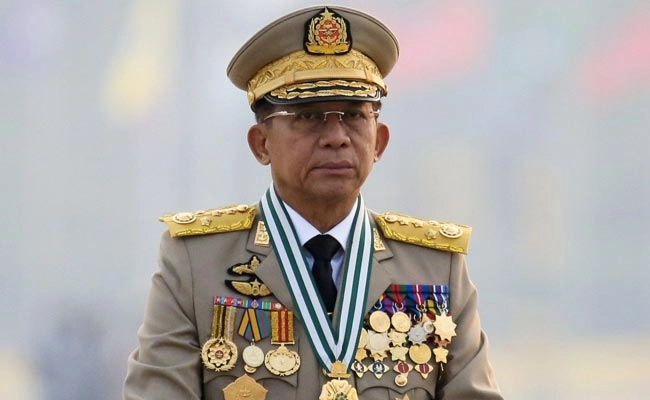Former President Donald Trump has recently expressed a nuanced position regarding the ongoing conflict between Israel and Iran, indicating that he might support a ceasefire between the two nations, contingent upon specific circumstances. This statement comes amidst escalating tensions in the region, where military actions and rhetoric have heightened concerns about broader implications for both local and international stability. Trump’s comments reflect an understanding of the complexities involved in Middle Eastern geopolitics, where alliances and enmities can shift rapidly.
In his remarks, Trump emphasized the need for a careful assessment of the situation before endorsing any ceasefire agreement. He acknowledged the historical animosities between Israel and Iran, particularly Iran’s support for militant groups that oppose Israel’s existence. Trump’s administration was marked by a strong pro-Israel stance, including recognizing Jerusalem as Israel’s capital and withdrawing from the Iran nuclear deal. However, his current openness to a ceasefire suggests a pragmatic approach, balancing his previous policies with the realities on the ground.
The potential for a ceasefire is significant, as it could pave the way for diplomatic negotiations and reduce the immediate risk of further escalation. Nonetheless, the effectiveness of such a ceasefire would depend heavily on the willingness of both sides to engage in dialogue and make concessions. Trump’s comments may also resonate with his base, which often prioritizes national security and stability in foreign relations. As the global community watches closely, the outcomes of these discussions could have far-reaching implications for U.S. foreign policy and its role in mediating conflicts in the Middle East.
Ultimately, Trump’s conditional support for a ceasefire underscores the intricate balance of power in the region and highlights the importance of strategic diplomacy. As tensions continue to simmer, the international community remains hopeful that all parties involved will pursue avenues for peace, fostering a climate of cooperation rather than conflict. The coming weeks may reveal more about Trump’s evolving stance and its potential impact on future U.S.-Middle East relations.




